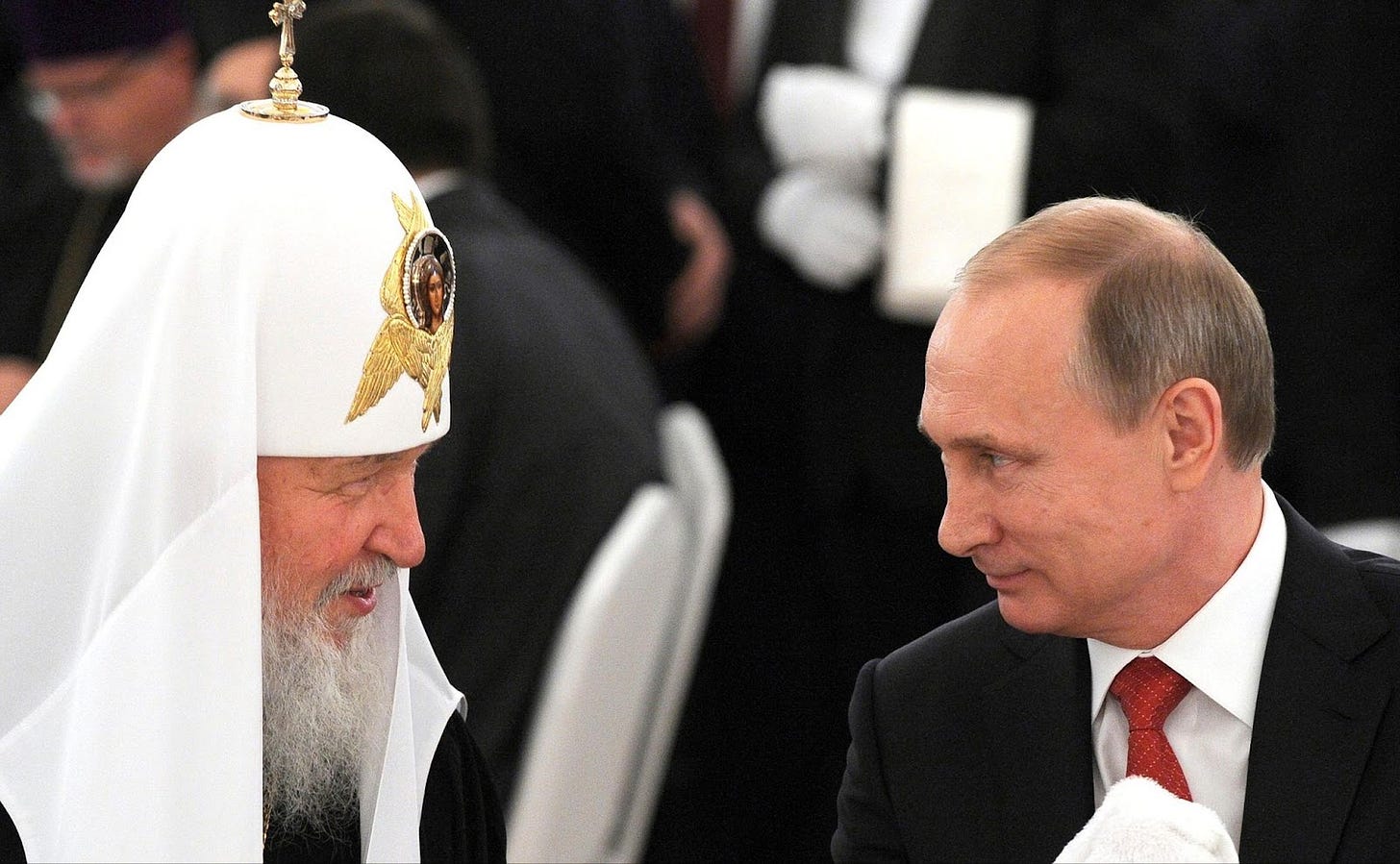‘Difficult times have returned’: The hard work of supporting Christianity in Russia
The director of the group 'Russia Cristiana' told The Pillar why 'the fall of Communism has not been enough.'
Marta Dell’Asta is a researcher with the Italian organization Russia Cristiana, where she specializes in dissent and the religious policy of the Soviet State.

The organization was founded by Fr Romano Scalfi in 1957, during the So…
